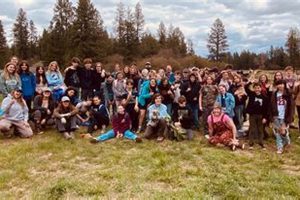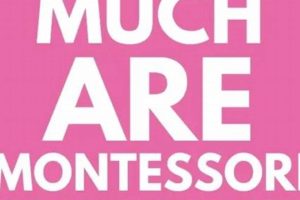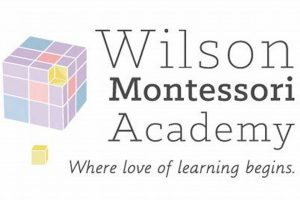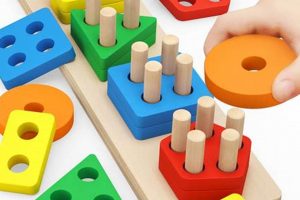
This refers to the presence and practice of the Montessori Method of education within the city of Spokane, Washington. It encompasses the network of schools, programs, and communities dedicated to fostering self-directed... Read more »

The Montessori approach to dividing numbers with decimal points involves concrete materials and a structured progression. Students typically begin by working with Golden Beads or Stamp Game materials to represent whole number... Read more »

The phrase “montessori quien es” translates from Spanish to “who is Montessori?” It refers to Maria Montessori, an Italian physician and educator. She developed an educational approach characterized by self-directed activity, hands-on... Read more »

The approach to teaching numerical concepts in a Montessori classroom involves hands-on materials and experiential learning. Children progress from concrete representations of numbers to abstract understanding through activities like manipulating bead chains,... Read more »

A nature-based early childhood education program typically emphasizes outdoor learning, hands-on experiences, and child-led exploration within a natural environment. This approach often integrates the Montessori philosophy, which focuses on self-directed activity, practical... Read more »

The expense of Montessori education is a significant factor for families considering this educational approach. Tuition can vary widely based on several key factors, including the location of the school (urban areas... Read more »

The Montessori Method segments a child’s developmental journey into five distinct curricular domains: Practical Life, Sensorial, Mathematics, Language, and Culture. Practical Life exercises equip children with essential life skills like dressing, food... Read more »

This phrase signifies a search for educational institutions in Elmhurst, Illinois, that adhere to the Montessori method. This educational approach emphasizes self-directed activity, hands-on learning, and collaborative play. A typical example would... Read more »

Materials designed for children aged 1 to 3, based on the Montessori educational approach, typically emphasize hands-on learning, self-directed activity, and the development of practical life skills. Examples include wooden puzzles, sorting... Read more »

A miniature, often articulated, skeletal model used in Montessori classrooms provides a hands-on learning experience for children studying human anatomy. These models can range from simplified representations to highly detailed versions, often... Read more »


